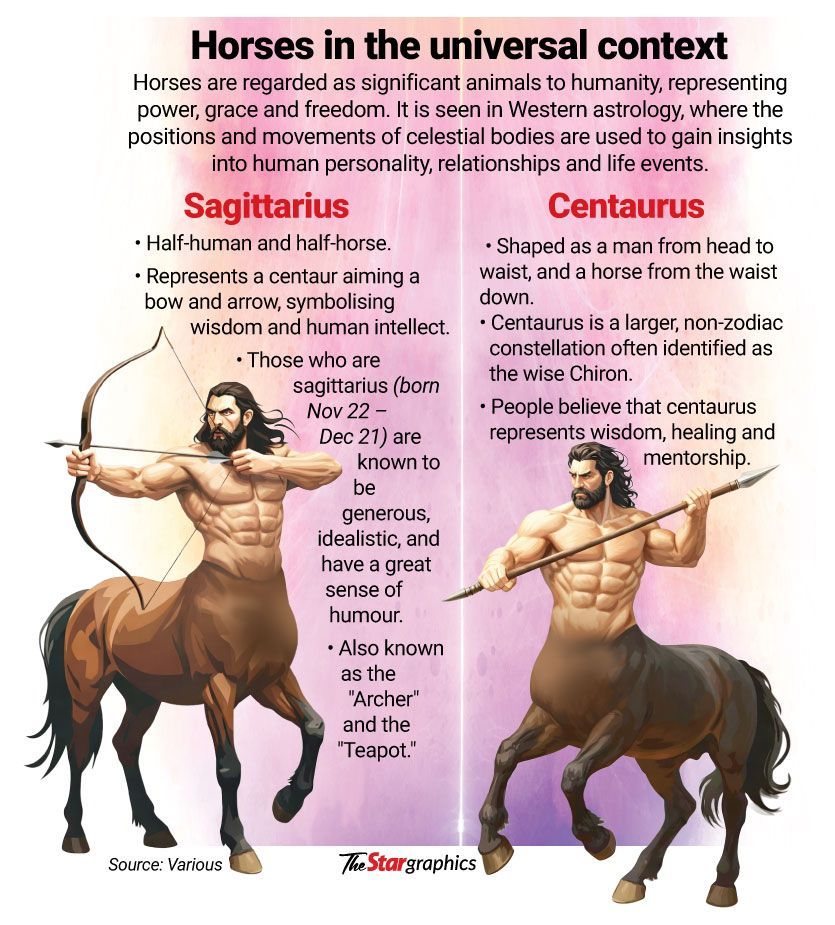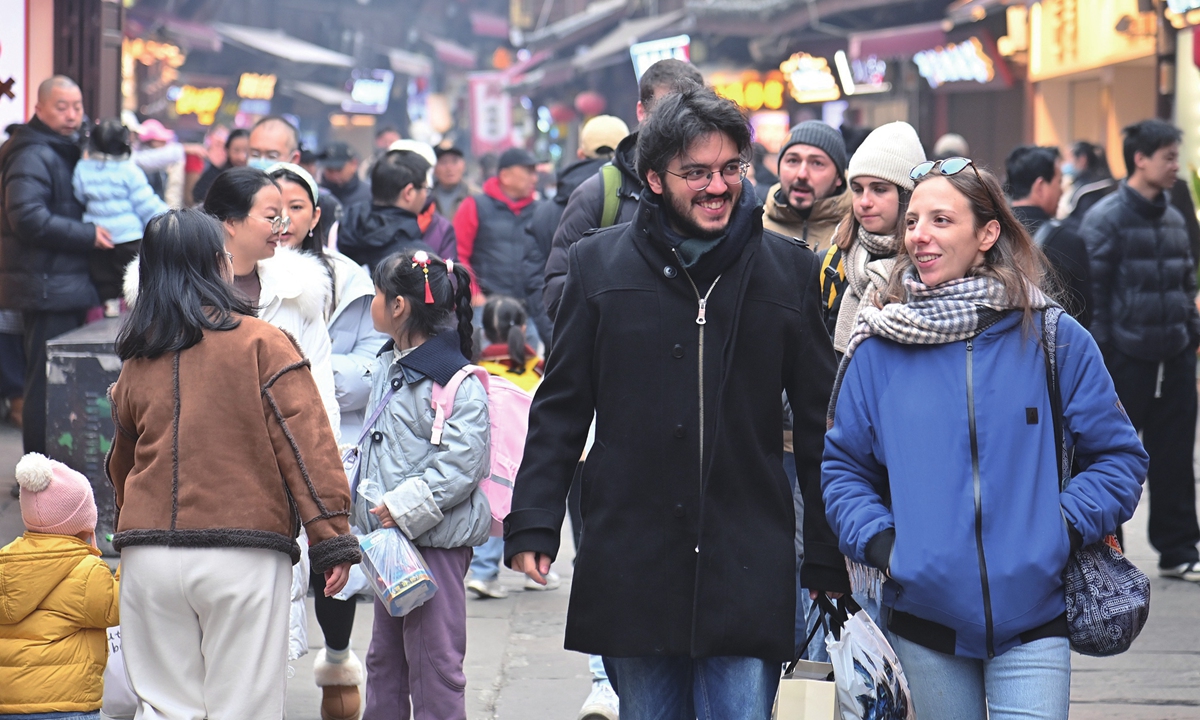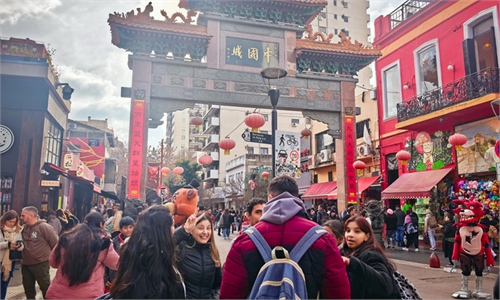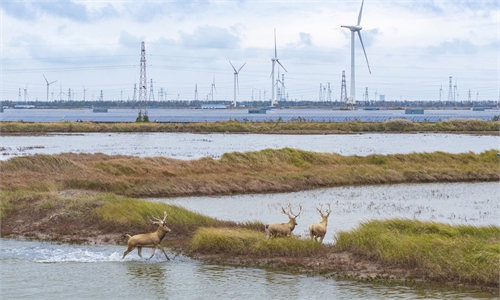The Fire Horse Effect—Why Powerful Women Are Still Labeled ‘Too Much’
PETALING JAYA: The Year of the Fire Horse is expected to bring fast-moving opportunities, stiff competition and rapid change, with success favouring those who act boldly but think clearly, according to feng shui and metaphysics practitioners.
They said 2026 carries strong forward momentum, but warn that impulsive decisions and reactive thinking could lead to missteps in a year defined by speed, intensity and transformation.
In Chinese metaphysics, they added, each year is governed by a combination of a zodiac animal and one of the five elements – Wood, Fire, Earth, Metal and Water – which rotate in cyclical patterns.
2026 is classified as a Fire Horse year because it combines the Horse zodiac with the Fire element – a pairing associated with movement, ambition, visibility and acceleration, they said.
“The horse symbolises momentum and forward drive, while fire represents intensity, leadership and transformation.
“Together, they form a high-energy cycle often linked to rapid shifts, heightened competition and expanding opportunities but also greater risks when decisions are made impulsively,” said feng shui and geomancy consultant Prof Joe Choo Sook Lin.
Choo said the Fire Horse year reflects a period where growth potential builds steadily rather than explosively.
She described 2026 as a phase where opportunities emerge gradually, with momentum strengthening over time rather than arriving instantly.
Metaphysics expert Desmond Chun Yew Leong said personal grounding remains just as important as external action.

He encouraged Malaysians to return to basics, starting with family, intention and mindset.
“When nothing seems to move smoothly, start at home. Spend time with your parents or elderly family members, not just during Chinese New Year but regularly. Maintaining that bond often has a grounding effect that goes beyond symbolism,” he said.
“It’s not about rituals. When you reconnect with your parents, your heart settles. When your heart is steady, your decisions become clearer,” he added, describing parents as a form of gui ren (noble support).
Chun also encouraged charity and good deeds, stressing intention over expectation.
“Charity is about the cultivation of the heart. If you expect returns, the purpose is lost. When you feel adequate and at peace, you act with steadiness, which helps you navigate challenges,” he said.
He added that character plays a crucial role in both life and career.
“Being kind and responsible builds trust, reputation and relationships, which in metaphysical terms attracts supportive energy from those around you,” he said.
Chun also suggests spending time in positive environments, such as morning visits to temples, as a way to refresh energy and maintain balance.
“Before trying to change fate, take care of the heart. Many answers start at home,” he said.











